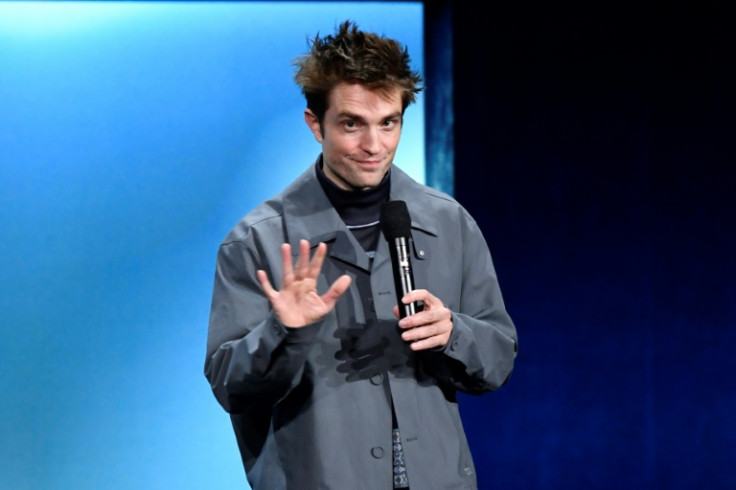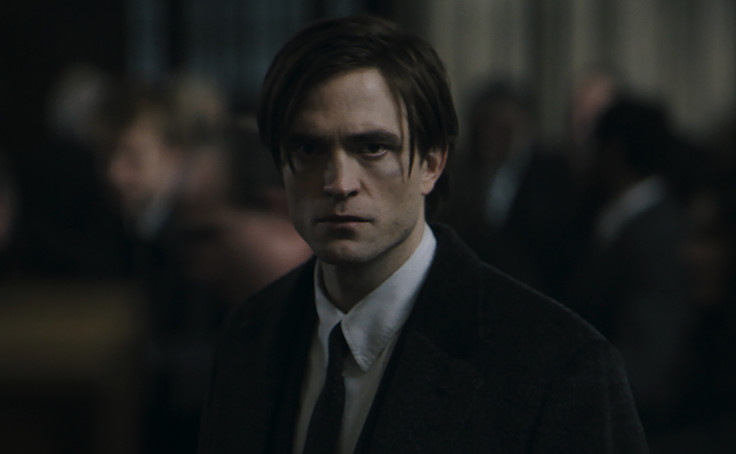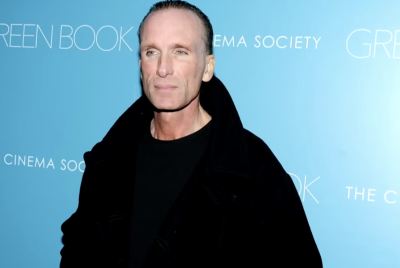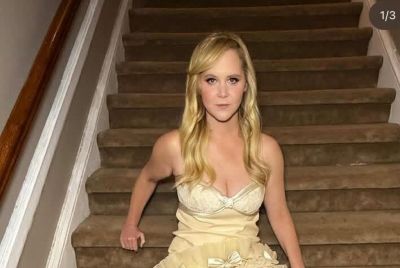From Batman To Ballads? Robert Pattinson Appears Poised To Release Debut Album
ASCAP repertory listings, archival interviews and official audio point to a possible music release from the actor known as Batman

Robert Pattinson, long a reluctant public musician, may be ready to step out from behind the piano and into the recording studio.
The actor who became a household name in the Twilight era and later transformed his image with arthouse projects and a blockbuster turn as Batman has quietly registered songwriting credits that suggest a music release could be imminent.
The listings, reported in trade and culture outlets after appearing in the American Society of Composers, Authors and Publishers (ASCAP) repertory, name seven tracks credited to Pattinson alongside collaborator Marcus Foster, and list Pattinson as performer.
If confirmed, the filings would mark a notable expansion of a creative identity that has always included music but rarely occupied headlines.
A History of Music, Mostly Offstage
Pattinson is not new to music. He has played guitar and piano since childhood and has occasionally recorded for films. He contributed 'Never Think' and 'Let Me Sign' to the original Twilight soundtrack and has performed songs in films such as How to Be and High Life.
Those earlier recordings were small-scale and often framed as incidental to his acting career. Pattinson himself once told reporters that music felt like a 'backup plan' rather than a bid for pop stardom. The audio of 'Let Me Sign' and live clips remain online and continue to be referenced by fans and music commentators.
The apparent ASCAP registrations list titles such as 'Bent Out That Midnight Day', 'Best Friend', 'Fascinate', 'Fell Off', 'Green Light', 'Waiting On Me', and 'Witness (You See Me)'. Several websites reporting the repertory find note that Marcus Foster — a frequent collaborator from Pattinson's earlier music days — is named as co-writer.
That continuity makes the filings more than a celebrity novelty: they point to an artistic relationship that has persisted for years.
What the Registrations Mean (And What They Don't)
Music-rights filings such as those in ASCAP's repertory are an important step in the mechanics of releasing recorded music. They establish composition ownership, enable licensing, and secure royalty flows.

However, registration alone does not guarantee a public release, a commercial album, or even a specific release date. Industry insiders stress that artists and publishers often register songs early in the creative process — sometimes to protect works while sessions, deals, or promotion are still in flux. In short, registrations are strong signals, not confirmations.
Multiple outlets have flagged the ASCAP entries as the basis for their coverage; those outlets cite the repertory as their source. (At the time of writing, the ASCAP site has been cited by these reports as the originating registry for the titles.) For rigorous verification, the ASCAP repertory remains the primary record to consult.
Why Fans Care
There is a human drama beneath the headlines. Pattinson's career arc, from indie actor to global star to auteur favourite to the Dark Knight, has been watched closely by a public that is fascinated by creative reinvention.
Music, for Pattinson, has long been intimate: songs performed in late-night pub sets, private recordings shared among friends, and a songwriting partnership with Foster that stretches back years. If these new titles are released, they will represent more than a celebrity side-project; they could be an artist finally choosing to make a public statement in a medium he's quietly practised for decades.
Critics and fans alike will ask whether Pattinson's music follows the sparse, lo-fi sensibility of his past recordings or ventures into fuller production. They will also watch how his film schedule; films such as Die My Love and upcoming franchise commitments, align with any music rollout. Historically, Pattinson has resisted commercial music stardom; whether that stance has shifted remains the story to watch.
© Copyright IBTimes 2025. All rights reserved.





















